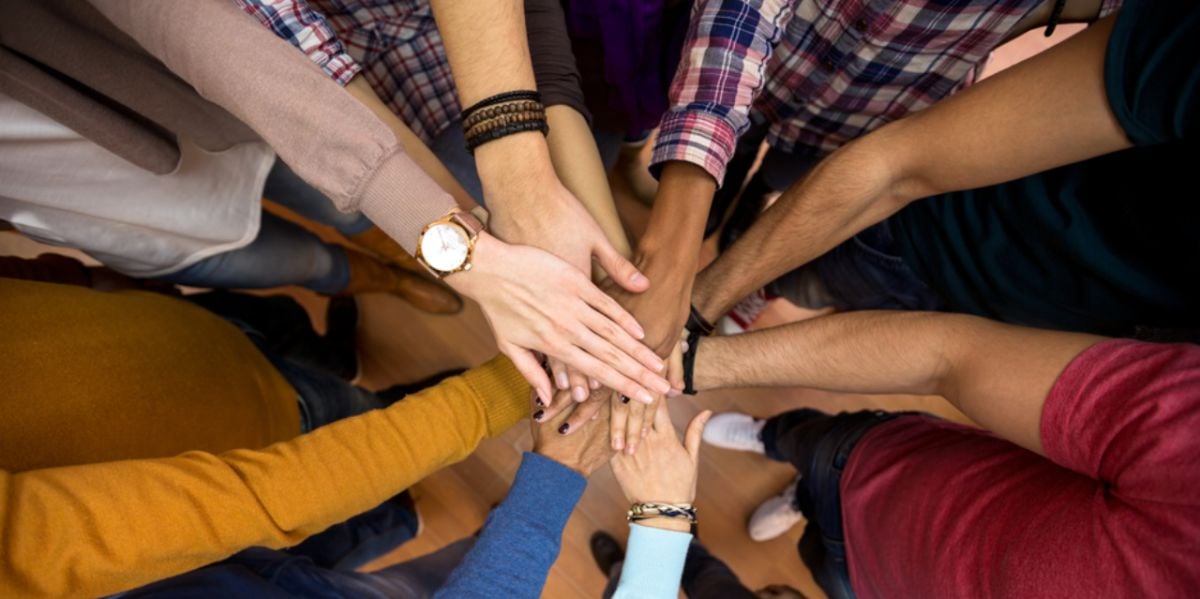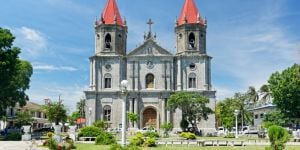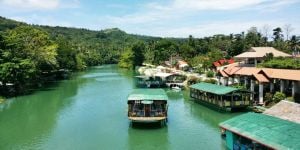
The culture of the Philippines is very diverse. This is due to the large mix of different nations in this country, (mainly in Manila and other large cities.). Its culture is reflected by the complexity of the history of the Philippines through colonisation and its geographical proximity to it's neighbours.
As mentioned throughout this guide, the Philippines is a very tolerant country on the whole. As diversity refers to the traits and characteristics that make people unique, while inclusion refers to the behaviors and social norms that ensure people feel welcome, this article will look at diversity and inclusion in the Philippines and how this may impact an expat living here.
Diversity and inclusion legislation in the Philippines
On December 19, 2019, the Philippines' government brought into law the creation of a Diversity and Inclusion Program (DIP) aimed at tackling discrimination of individuals in government entities. The DIP provides for a number of anti-discrimination guidelines and procedures, including a framework for equal opportunities, programmes to educate on diversity, mechanisms for accountability and a process for seeking redress for discrimination-related complaints.
Diversity and inclusion at the workplace in the Philippines
Most companies in the Philippines, foreign or local, have provisions in place to promote a diverse and inclusive workplace , which is hugely beneficial for expats.
Whether you will work for a foreign company in the Philippines or a local company, both sectors are striving for ways to promote diversity, equity, and inclusion in the workplace such as:
- Awareness of unconscious bias;
- Communicating the importance of managing bias;
- Promoting pay equity;
- Developing a strategic training program;
- Acknowledging holidays of all cultures;
- Making it easy for your people to participate in employee resource groups;
- Mixing up work teams.
Good to know:
Salaries for corporate foreign workers in the Philippines do tend to be considerably higher than a locals' salaries as the job tends to be given to a skilled foreigner when the particular skill is not readily available in the Philipines.
One of the largest companies in the Philippines, Mondelez International– a food product supplier, is a good example of good practice in the workplace. Aiming to strengthen diversity, equity, and inclusion (DEI) for its people, they believe that self-identification is one of the many things important to any individual. To show how it acknowledges each person's self-expression, Mondelez has set up policies and benefits that recognize their identity, from the use of pronouns and names, education and networking opportunities to social responsibility and thought leadership on diversity and inclusion.
Inclusion for the LGBTQIA community in the Philippines
One look on social media or television reveals how prominently LGBTQIA personalities are featured in Filipino entertainment. One of the biggest Philippine talk-show hosts, Boy Abunda, is openly gay. The Philippines is a universally inclusive society, and although homosexuality has long been legal, discretion is recommended in public.
In the Philippines, the law states that same-sex sexual relationships are legal in private. However, certain acts and displays of affection in public may be subject to arrest. While there aren't national anti-discrimination laws protecting members of the LGBTQIA community, many localities have anti-discrimination ordinances.
There are no national anti-discrimination laws protecting gays and lesbians. However, in 2017 a House of Representatives bill that would ban discrimination against all people based on sex, sexual orientation, and gender identity was passed. In the absence of national protections, many regions of the country, including Quezon City, Cebu City, and Albay, have their own laws prohibiting discrimination against LGBTQIA individuals.
Although LGBTQIA individuals are generally accepted by Filipinos, expats should avoid challenging traditional cultural institutions relating to family and the Catholic Church. In layman's terms— do not rock the boat! The Philippines is a predominantly Catholic country, and secularity and pluralism are not common place. In a nutshell, the Philippines is a paradox insofar as it strives to be a modern, western outlooking country based in South- East Asia, but is tied to a conservative doctrine influenced by the Catholic Church.
A new study commissioned by the Philippine LGBT Chamber of Commerce revealed that, in the workplace, policies are often anything but inclusive. Nevertheless, the Philippines has a thriving gay scene, especially in Manila, where Asia's oldest Pride Parade is an annual and popular event. Moreover, the Philippines has the world's only LGBTQIA political party: Ang Ladlad.
Women's rights in the Philippines
In Philippine law, Article 15 about Equality before the law states that ‘Women and men are equal before the law”. Women have the legal right to enter contracts, own property, and choose their place of residence. Article 16 about Marriage and family also states that women have equal rights with men in matters related to marriage and family relations.
Since women are highly respected in the Philippines, expats should avoid any condescending attitudes or misogyny. Although a tough male bravado can seem to be the norm on the surface, the Philippines is certainly a matriarchal society, and women should not face significant obstacles in the Filipino business world. First impressions last in the Philippines, and it is the expat who must adapt rather than vice-versa.
Tolerance in the Philippines
The watchword in the Philippines is tolerance in social settings and in the workplace. Although black people may be stared at in public, it is more of an awe and curiosity rather than any malice. This tolerant country welcomes expats, probes expats to learn more and without rocking the boat, all religions, sexual preferences, colours, nationalities and sexes are accepted.
We do our best to provide accurate and up to date information. However, if you have noticed any inaccuracies in this article, please let us know in the comments section below.








